Poor produce fewer traffic emissions than rich but are most affected, study finds
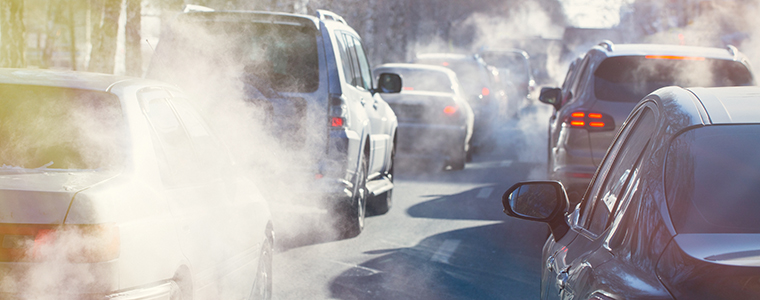
A study analysing vehicle emissions in relation to different parts of society in England and Wales has found that more affluent households emit the highest levels of traffic-related pollutants but the poor are most exposed to this form of pollution. The findings from this research, carried out by the University of the West of England (UWE Bristol)'s Air Quality Management Resource Centre, are set out in an academic paper.
The researchers found that young families and households in poverty (those least able to move to cleaner areas) suffered higher concentrations of nitrogen oxides and other pollutants from road traffic. These levels were found to be 50 per cent higher than areas with the least households in poverty.
The study also found that people from poorer areas owned fewer and less-polluting cars on average per household. This compared to more affluent areas where there was a higher proportion of higher-polluting diesel cars and households were more likely to own multiple vehicles. Those poorer households also drove shorter distances, the researchers found.
"This work highlights the injustice created by road traffic-related air pollution. Unfortunately our evidence has shown that in general the poorest in society produce fewer traffic emissions, but are exposed to higher levels of pollution than those in more affluent areas based on where they live," said Dr Jo Barnes, who is Senior Research Fellow in the Air Quality Management Resource Centre.
Related news
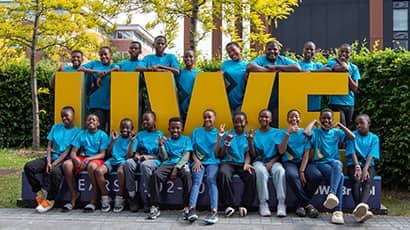
09 September 2025
Project Zulu choir celebrates another record-breaking tour
Nearly £37,000 was raised during three unforgettable weeks of the 2025 Project Zulu choir tour – setting a new fundraising record since the tour began.
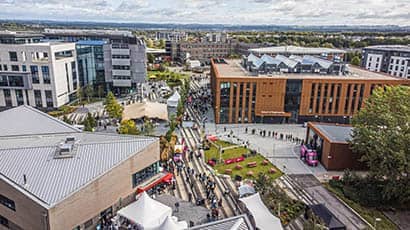
09 May 2025
UWE Bristol among first universities in UK to introduce sanitary waste bins in male toilets
UWE Bristol is among the first universities in the UK to introduce sanitary waste bins in male toilets for the disposal of incontinence products.

19 March 2025
Professor plays key role in formation of Europe’s first conference for minoritised life scientists
A professor from UWE Bristol has played a leading part in organising Europe’s first conference supporting scientists from marginalised and underrepresented backgrounds.
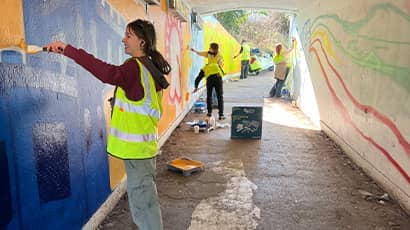
07 March 2025
UWE Bristol and Ashton Park School transform urban landscape near university campus
Students bring creativity and a splash of colour to a well-used city underpass by painting a new mural celebrating diversity and inclusivity.

06 March 2025
Inspiring UWE Bristol alum fights for equality in her sport to empower other women
A UWE Bristol alum who became the UK's first female to compete in Burmese bareknuckle boxing has shared how competing in a male-dominated sport has motivated her to empower other women.
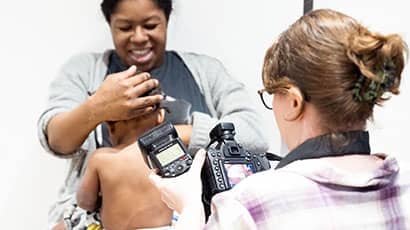
06 February 2025
Opinion: ‘We’re ensuring people have access to diverse images for healthcare’
Flicking through the pages of academic medical textbooks back in 2022, our team spotted a surprising omission: a stark absence of images of health conditions on darker skin tones.
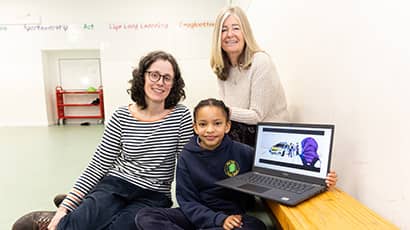
03 February 2025
Groundbreaking UWE Bristol project based on children’s lived experiences of racism in the UK set to transform police training
UWE Bristol researchers have worked with over 1,000 primary-aged children to explore everyday experiences of racism to inform future police training.

30 January 2025
Women exercising in gyms face barriers including body image and harassment, study finds
Women exercising in gyms often feel judged for their appearance and performance, leading to a persistent sense of inadequacy, according to a new study.
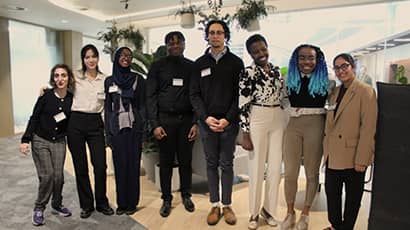
22 January 2025
Talent collaboration programme UWE Futures expands to support diversity in Bristol's legal and creative sectors
UWE Bristol's talent programme, UWE Futures, which offers paid work experience to global majority students, has expanded in its second year to include more legal firms and a leading organisation in Bristol’s creative sector.

15 January 2025
Pupils’ work produced in anti-racism lessons to be displayed at Bristol Cathedral
Work produced by school children in response to specially designed lessons on anti-racism will go on show at an exhibition at Bristol Cathedral.
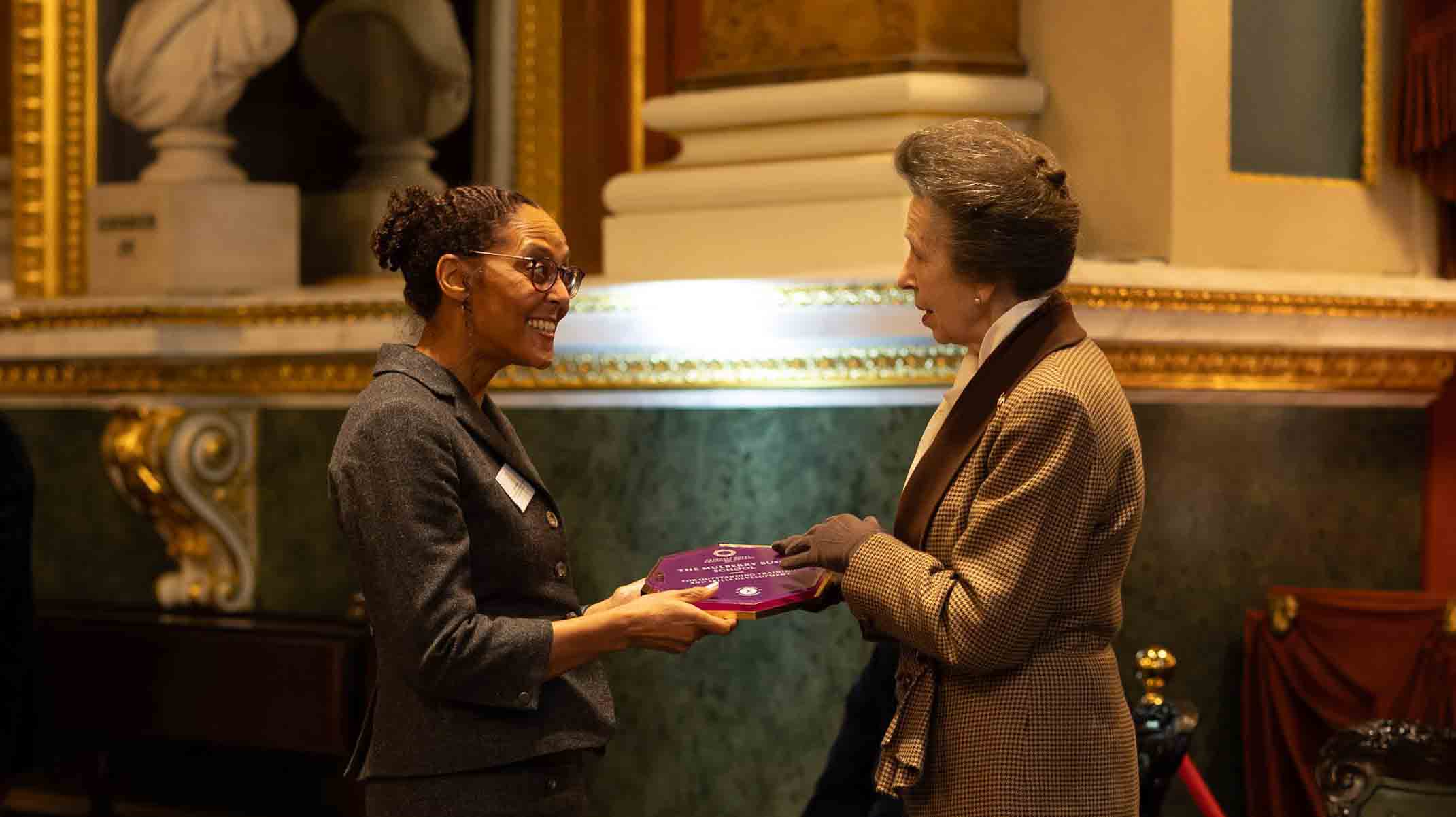
17 December 2024
‘One of a kind’ course accredited by UWE Bristol recognised with Princess Royal Training Award
A foundation degree accredited by UWE Bristol has been awarded a prestigious City & Guilds Princess Royal Training Award.
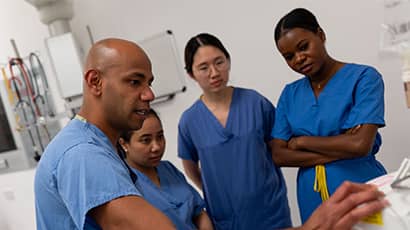
02 December 2024
Project led by UWE Bristol launches new resources to tackle racism and discrimination in healthcare education
A range of inclusive training and learning resources to tackle racism and discriminatory behaviour in healthcare have been launched by UWE Bristol.






